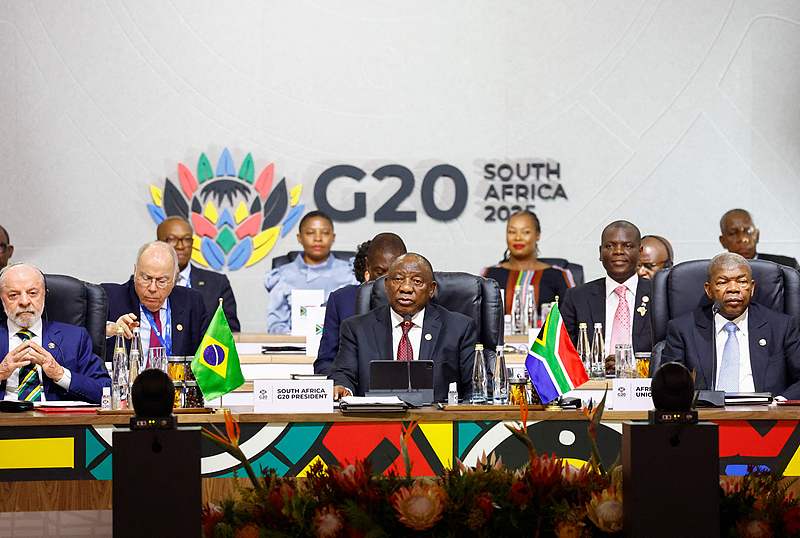{excerpt1]}
The United Nations issued a fresh appeal for $106 million (Sh10 billion) to help for Kenyans threatened with starvation.
Nearly 370,000 children in parts of the country hardest hit by drought now require urgent treatment for acute malnutrition, the UN humanitarian agency said Thursday.
“In the worst-affected counties, like Turkana South, the acute malnutrition rate is as high as 37 per cent, more than twice the emergency threshold of 15 per cent,” the agency warned.
The UN estimated 5.6 million Kenyans are currently in need of humanitarian aid.
RESPONSE PLAN
International donors may however not respond adequately to the new appeal.
Only $71 million was raised in response to a UN plea in March for $166 million in aid for Kenya.
The 43 per cent response rate may reflect the lower priority assigned to Kenya at a time when UN agencies and NGOs are focused on four famine-threatened countries; Somalia, South Sudan, Nigeria and Yemen.
The new appeal for Kenya, intended to help meet urgent needs to the end of this year, complements the government’s own response plan, the UN said.
Since its declaration of drought in February, the government has allocated $124 million in aid to afflicted areas.
PRESIDENTIAL ELECTIONS
“The government of Kenya is doing its part, with its resources stretched to breaking point. So should we,” said Nairobi-based UN country coordinator Siddharth Chatterjee.
However, a government pledge of an additional $132 million for the final four months of this year is unlikely to be fulfilled in the coming weeks due to what the UN describes as “political developments.”
That assessment is based on the view that Kenyan elected officials will be preoccupied with the repeat presidential election scheduled for October 17.
The UN suggested that poor rainfall in recent years are not the only cause of the food crisis gripping northern counties in Kenya.
“The areas of Kenya that are experiencing the worst effects of drought also face entrenched poverty, limited investment and intermittent conflict which have further compounded food insecurity and malnutrition,” the UN observed in a background document issued along with the new appeal.






